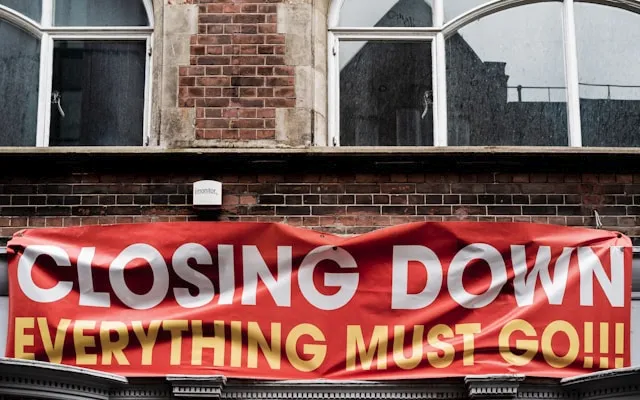Table of Contents
- The Rise of Neoliberalism
- Impact on Local Economies
- Changes in Consumer Behavior
- Decline of Community Spaces
- Gentrification and Displacement
- Private Equity and the High Street
- Policy Responses and Limitations
- The Role of Technology
- Neoliberalism and Urban Planning
- Social and Cultural Impacts
- Economic Inequality and the High Street
- The Environmental Impact
- The Role of Local Government
- Community-Led Initiatives
- The Future of the High Street
- Conclusion
- Poll
- Think!
- Essay Suggestions
- Research Suggestions
- Further Reading
Neoliberalism, as an economic and political ideology, has profoundly shaped global economies and societies since its ascendancy in the late 20th century. Its principles of free-market capitalism, deregulation, and reduction in government intervention have had far-reaching impacts, especially on local economies and community spaces. One of the most visible consequences of neoliberal policies in the United Kingdom has been the decline of the British high street. This article explores how neoliberalism has contributed to the erosion of these once-vibrant community hubs.
The Rise of Neoliberalism
Neoliberalism emerged as a dominant ideology in the 1970s and 1980s, largely in response to the economic stagnation and crises of the previous decades. Prominent leaders such as Margaret Thatcher in the UK and Ronald Reagan in the US championed neoliberal policies, advocating for the deregulation of industries, privatization of state-owned enterprises, and reduction of government spending. These policies aimed to stimulate economic growth by promoting competition, efficiency, and innovation. However, the shift towards neoliberalism also marked a departure from the post-war consensus that prioritized social welfare and community cohesion.
Impact on Local Economies
The implementation of neoliberal policies in the UK led to significant changes in local economies. Deregulation and the liberalization of markets facilitated the rise of large multinational corporations, which increasingly dominated various sectors, including retail. These corporations, with their economies of scale and competitive pricing strategies, posed a significant threat to smaller, locally-owned businesses that traditionally populated the high streets. As a result, many small businesses struggled to compete and eventually closed down, leading to a homogenization of retail spaces with the proliferation of chain stores and franchises.
Changes in Consumer Behavior
Neoliberalism also influenced consumer behavior, primarily through the promotion of a culture of individualism and consumerism. The emphasis on personal choice and convenience, coupled with the growth of disposable income, shifted shopping patterns towards large out-of-town retail parks and shopping malls. These venues offered a wider variety of goods, ample parking, and a more convenient shopping experience compared to traditional high streets. Additionally, the rise of e-commerce further accelerated this shift, as consumers increasingly preferred the convenience of online shopping over visiting physical stores.
Decline of Community Spaces
The decline of the British high street under neoliberalism extends beyond the economic realm; it has also had profound social and cultural implications. High streets traditionally served as community spaces where people gathered, socialized, and engaged in civic activities. The closure of local businesses and the rise of anonymous, corporate-dominated retail environments eroded the sense of community and belonging. The loss of these social spaces contributed to the fragmentation of local communities and a decline in social capital, as people had fewer opportunities to interact and build relationships within their neighborhoods.
Gentrification and Displacement
Another significant consequence of neoliberalism on the British high street is gentrification. As property values increased and urban areas underwent redevelopment, many traditional high street areas experienced a transformation aimed at attracting more affluent residents and consumers. While gentrification often brought investment and revitalization, it also led to the displacement of long-standing local businesses and residents who could no longer afford the rising rents and living costs. This process further marginalized lower-income groups and contributed to the socio-economic polarization of urban areas.
Private Equity and the High Street
Get the full article AD FREE. Join now for full access to all premium articles.
View Plans & Subscribe Already a member? Log in.





